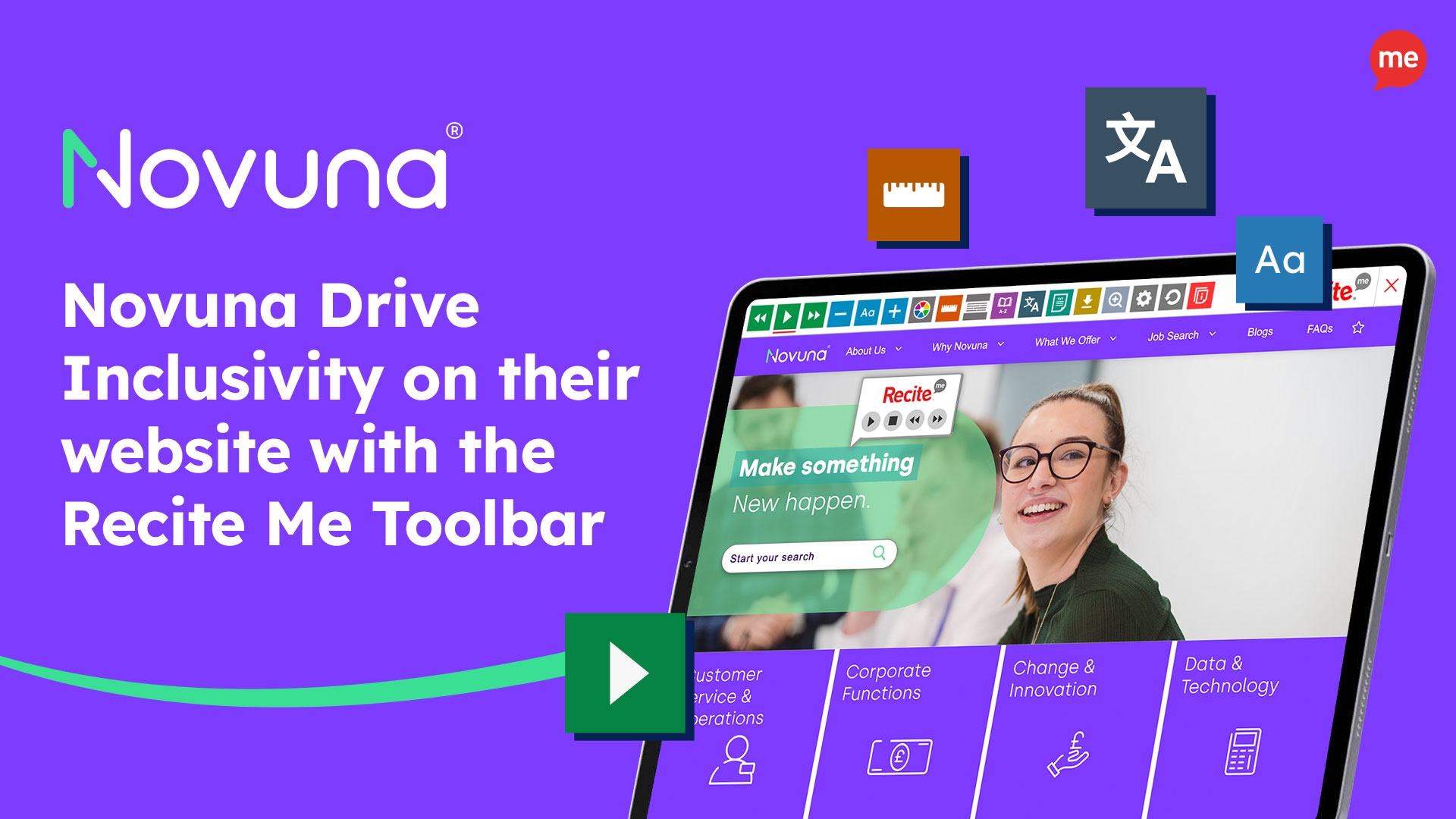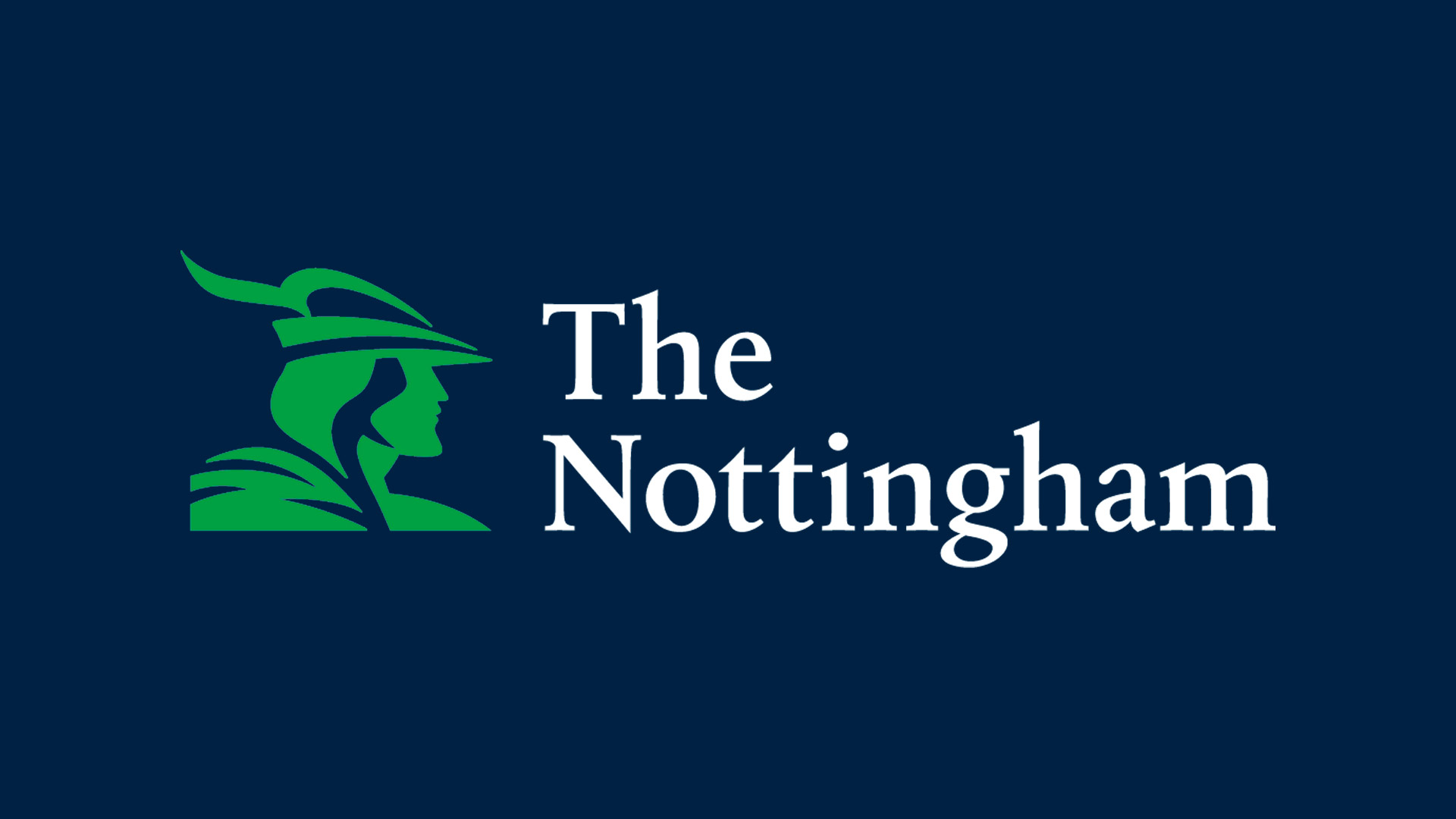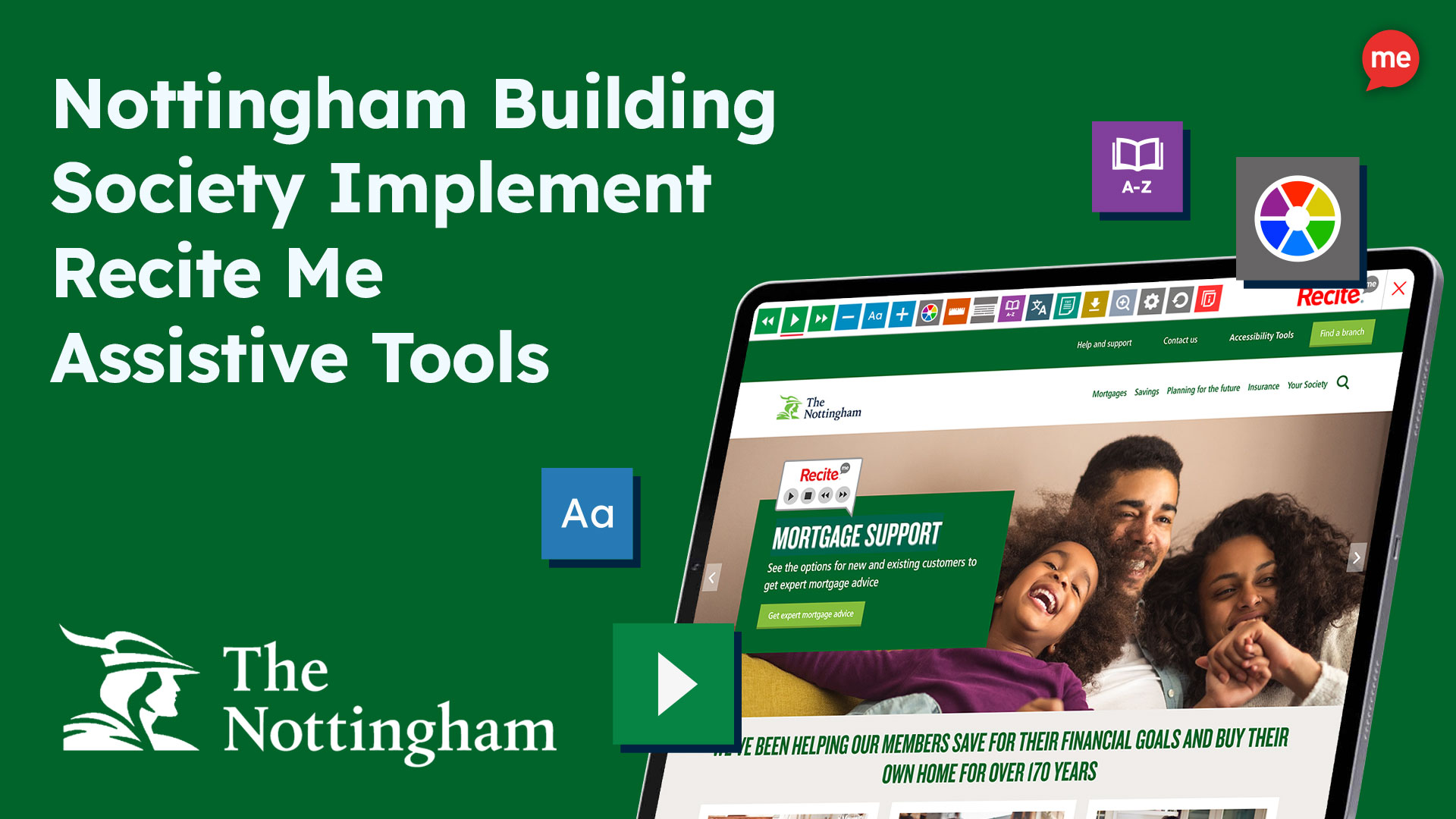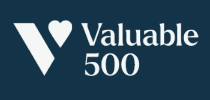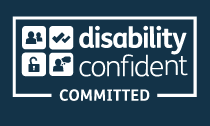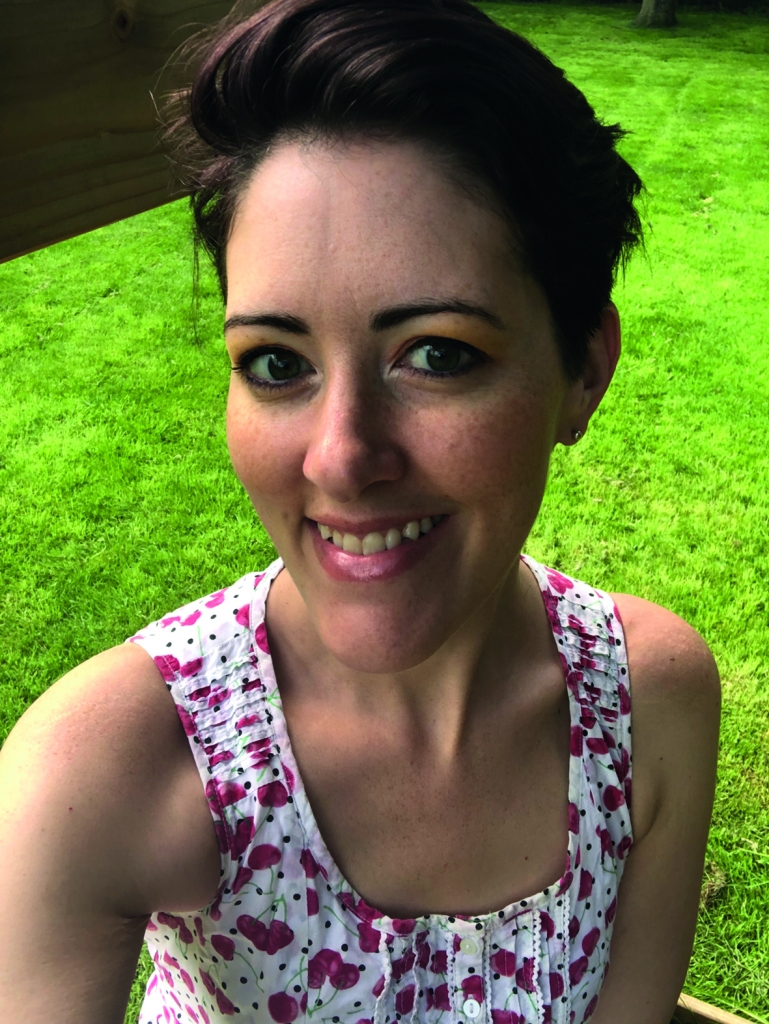 Introduce yourself and your company
Introduce yourself and your company
Hi, I’m Kathryn and I own Cura Financial Services. We offer support to people that are having difficulty getting insurance policies like life insurance, critical illness cover and income protection. A lot of the people that we speak to have health conditions and have found getting insurance tricky, or impossible. I struggled to get insurance myself due to my health and we’ve made it our mission to help as many people like me as possible.
What is your D&I mission for this year and beyond?
Since 2012 we have been fighting for fairer access to insurance for people with health conditions, hazardous jobs, high-risk travel and sports. For the last couple of years we have been thinking about the very initial stage of insurance.
We have a lot of experience helping people to get insurance, but we started to wonder, is insurance easily accessible for people that are deaf, blind or have conditions like dyslexia. We started doing some research and realised that there are a lot of barriers. Insurance documentation is full of jargon, it’s not often in a format that works with screen readers, not many companies are able to offer sign language specialists.
Our aim is to build a kind of best practice guide for organisations within the insurance industry, to take steps to make their services more accessible.
Can you share some D&I best practice examples?
A big thing for me is to not make assumptions, I’m a big believer that no two people are the same. Just because you have supported someone that is deaf and they liked to chat by email, that doesn’t mean that every one that is deaf will. Others may want to use a sign language interpreter as that is their native language.
We have people that need us to communicate specifically by email due to hearing conditions, that need to speak on the phone as auditory information suits them best and others that like to video call. There is always room to learn and it’s incredibly important to be reactive to everyone’s individual needs.
What are you doing across your digital landscape to be inclusive?
Part of our work has been the integration of Recite Me onto our website and promoting it’s benefits to our peers. The document reading, customisation and language translation are really impressive.
I write a lot of content on our website and do videos and podcasts too. Our videos all have subtitles and both the videos and podcasts are transcribed to improve accessibility. I write pages for individual health conditions so that people can access specific information and case studies relevant to their situation. It makes the information relatable and doesn’t bombard people with unnecessary information.
Can you share an example of D&I success at your organisation?
Our success comes from years of building knowledge on how insurance works, why insurers make certain decisions and which insurers are going to be right for a person’s individual circumstances. We regularly help people that have been told that they are uninsurable to get insurance. This doesn’t mean silly pricing, or dodgy wording! It’s just being able to understand medical conditions and how the insurance industry works.
We have over 150 individual health conditions pages on our website and the list keeps growing. We regularly help people that have had cancer, heart attacks, strokes or are living with HIV, multiple sclerosis to get insurance. I specialise in helping people with mental health conditions to get insurance, providing an empathetic and non-judgemental journey for them.
Concluding message you would like people to take away
I would like people to take away from this, that improving accessibility to your organisation, shouldn’t be a side project or something that you’ll eventually get around to. It is simply the right thing to do. Someone said to me recently “It’s not what people do that you remember, it’s how they have made you feel”.
For people that are still on the fence, there is a business argument for this too. It’s estimated that roughly 1 in 5 people have a disability and inaccessible websites are missing out on £11.75 billion in the UK. There’s a huge amount of money to be made from being more accessible, so you can increase your turnover and also be doing the right thing!
